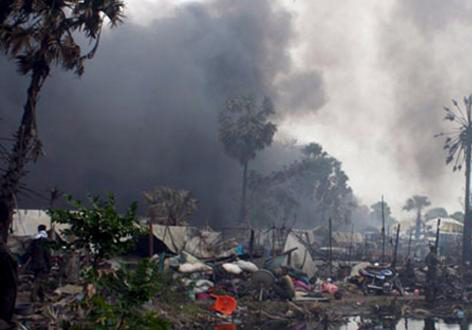
Jul 2, 2015
The ICJ today joined other organisations in urging Sri Lanka and the international community to measure progress against three key tests before September 2015, to assess the Government’s willingness towards establishing a credible and transparent justice and accountability process.
First, the Government should ensure that any mechanism created to address wartime abuses is defined through genuine consultations with those affected by violations; one that has their confidence and not one imposed on them from the above. To this end the government should be guided by the advice of UN experts that victims be consulted and involved, and it should announce and implement a convincing framework for such a credible process, within a clear timeframe. Given the track record of past domestic inquiries, any mechanism needs to be international, or at a minimum one with a majority of international judges and prosecutors, in order to guarantee its independence and give greater security to those who participate in it.
Second, the Government should take immediate steps towards resolving key outstanding issues to demonstrate its commitment. This includes: repealing the PTA; a substantial scaling down of military presence in the North and East and ending all undue military interference in the political, social, economic and cultural lives of the population of the region; resolving all conflict induced land issues; ending all forms of harassment of civil society, media and human rights defenders particularly in the North and East; and restoring fundamental freedoms fully and equally in all parts of the country. The government must also act to resolve all disappearances in the country, and to this end the President must make the report of the Presidential Commission on Disappearances public when it is finalised in August.
Third, the government must keep its promise to the UN and fully cooperate with the Office of the High Commissioner for Human Rights and allow it full access to any new or additional information it may require. It was on the basis of the promise of such cooperation and additional information, that extra time was provided to the new government in Sri Lanka through a deferral of the OHCHR report.
Until these three tests are satisfactorily met, the international community and the UN Human Rights Council must maintain the fullest scrutiny of Sri Lanka on questions of justice and accountability. Although it is to be acknowledged that since January Sri Lanka’s government has induced some positive change in easing the abusive human rights climate of the previous Presidency, it must also be recognised that many challenges still remain unaddressed.
The full letter is available here: SriLanka-JointOpenLetter-Accountability-Advocacy-2015
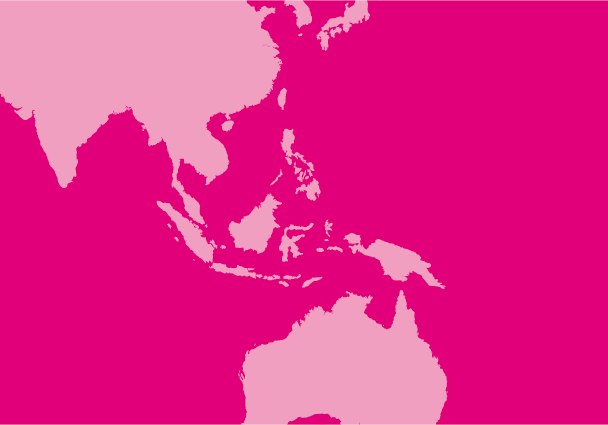
Apr 7, 2015
The draft Prevention of Terrorism Act (POTA) should either be rejected or amended by the parliament of Malaysia, said the ICJ today in an open letter to the Speaker of the Lower House of the Parliament of Malaysia.
“This law is really prone to abuse and violates international human rights standards,” said Emerlynne Gil, ICJ International Legal Adviser for Southeast Asia.
“This is just the unlawful Internal Security Act with another name. Persons may be sent to prolonged administrative detention on security grounds, on a permanent basis, while the draft law also precludes any effective inquiry by the judiciary into the lawfulness of any other aspect of the arrest or detention of persons arrested under this law.”
“There is a very high threshold that needs to be met to justify the creation of a system of administrative security detention. The government of Malaysia has not shown how the current situation in the country meets this threshold,” Gil added.
Malaysia-Open Letter to Parliament on POTA-Advocacy-open letter-2015-ENG
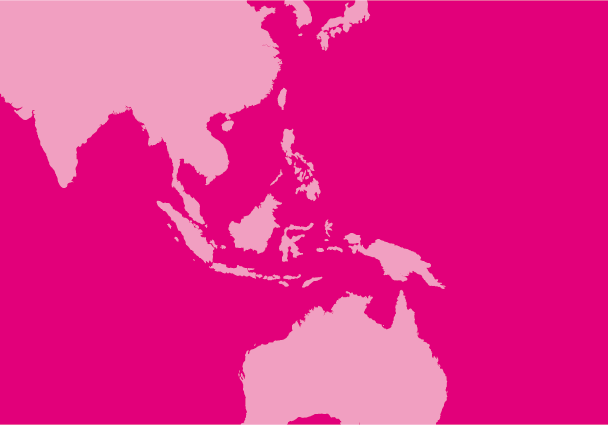
Mar 4, 2015
The ICJ transmitted today a letter to the Chairman of the Committee on Human Rights of the House of Representatives of the Philippines responding to the position taken by the Philippines’ Department of Justice (DOJ) on House Bill No. 2401.
The ICJ, in its letter, emphasizes that House Bill No. 2401 (H.B. No. 2401) entitled “AN ACT ESTABLISHING A NATIONAL PREVENTIVE MECHANISM AGAINST TORTURE IN THE PHILIPPINES” should be a matter of priority to the Congress of the Philippines.
It adds that a law creating a national preventive mechanism (NPM) should be adopted without further delay for the Philippines to comply with its obligations under the Optional Protocol to the Convention against Torture and other Cruel Inhuman or Degrading Treatment or Punishment (OPCAT).
The Philippines acceded to the OPCAT in 2012.
In its position paper, the DOJ proposes that the NPM be merged with the Commission on Human Rights of the Philippines (CHRP), the country’s national human rights institution.
The ICJ, however, responds that the Subcommittee on the Prevention of Torture and Other Cruel, Inhuman or Degrading Treatment or Punishment (SPT), has always advocated a clean separation of powers, even where the NPM may fall within the same administrative structure or authority as the generalized NHRI.
The SPT is the international body mandated under the OPCAT to advise and assist States Parties in the establishment of NPMs.
Wilder Tayler, ICJ’s Secretary General, stated in the letter that by keeping a clear separation between the NPM and the CHRP, “the integrity and effectiveness of both the NPM and the CHRP is enhanced.”
Each body is insulated from conflict with the other.
Finally, the ICJ noted that H.B. No. 2401 has already achieved this clear separation and it would be a regression to propose that the NPM be merged with the CHRP.
Philippines-Letter to Congress-Advocacy-Open letter-2015-ENG (full text in PDF)
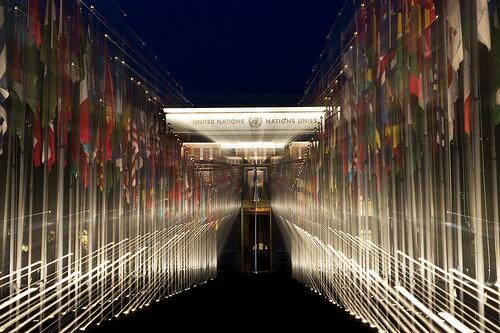
Nov 21, 2014
The ICJ welcomes the UN General Assembly’s Third Committee’s adoption of resolution A/C.3/69/L.47 on Extrajudicial, summary or arbitrary executions on 19 November most recently.
The resolution, which is introduced biennially, urges States to protect the right to life of all people. Importantly, it calls upon States to investigate killings based on discriminatory grounds, including killings that target people based on their sexual orientation or gender identity. It is the only resolution at the General Assembly to make specific reference to sexual orientation and gender identity.
The resolution was introduced by Finland and co-sponsored by 62 additional states. The support came after a concerted effort by civil society to ensure the successful adoption of the resolution, culminating in a joint letter to all States by 30 NGOs, including the ICJ.
An effort led by Egypt to weaken the resolution, by introducing an amendment that would have removed reference to any of the groups particularly at risk of extrajudicial killings, was defeated by a vote of 86 against, 53 in favour and 24 abstaining.
The resolution was adopted 111 to 1, with 63 abstentions. Kiribati after the vote declared their intention to change their ‘no’ vote to abstention.
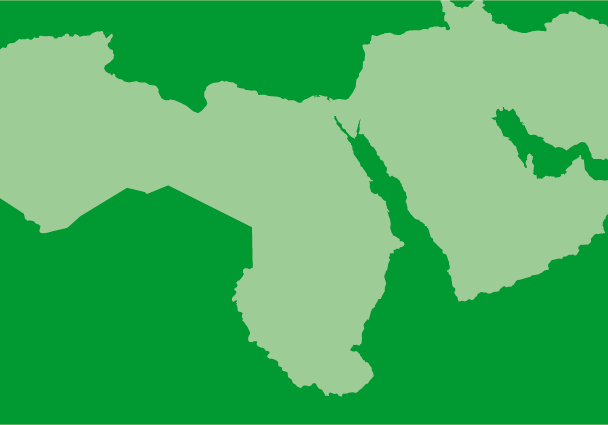
Oct 22, 2014
The ICJ today joined a call with six other international NGOs for members and observers of the UN Human Rights Council (HRC) to pay special attention to the deteriorating human rights situation in Egypt ahead of and following the Universal Periodic Review (UPR) of Egypt.
The HRC Working Group on the UPR will, on 5 November 2014, be undertaking a review of the human rights situation in Egypt. This comes at a critical time for human rights, freedoms and independent Egyptian civil society, including rights defenders and democracy activists. Noting that the Government of Egypt has reaffirmed a deadline for 10 November 2014 for all civil society organisations to register with the Government under the highly repressive Law on Associations, the ICJ and others called on members and observers of the HRC to, at a minimum, address several key issues, including:
- Threats against human rights defenders and civil society organisations and activists;
- The need for new legislation to guarantee freedom of assembly through a transparent and simple notification process;
- The need for judicial investigations into the ordering and carrying out of unlawful killings in the course of suppressing mainly peaceful protests;
- Respect for and non-interference with the independence of the judiciary;
- The need for immediate and unconditional release of persons detained solely for peacefully exercising their rights to freedom of expression, assembly and association; and
- The need to immediate end the use of torture and other ill-treatment.
Egypt-UPR-OpenLetter-2014-EN (download open letter in PDF)









